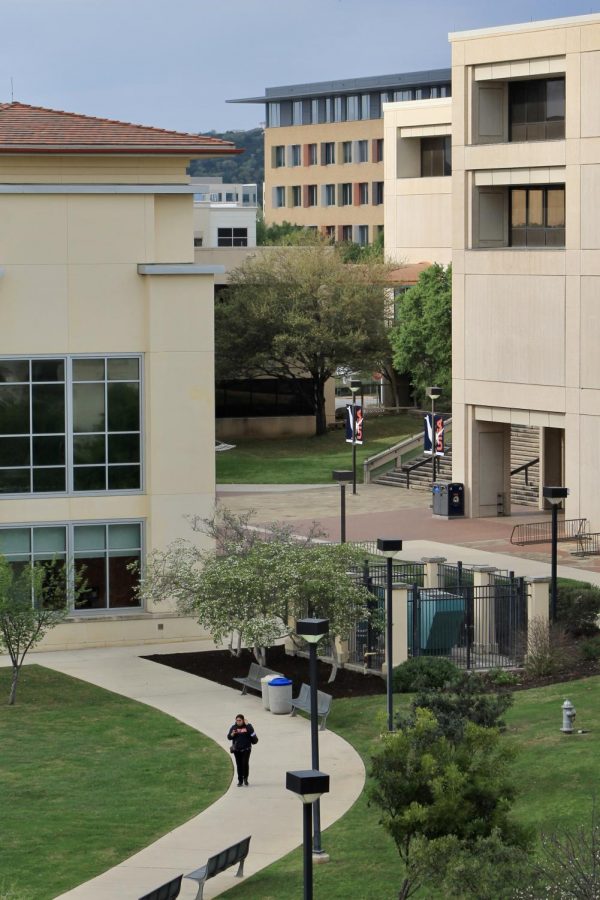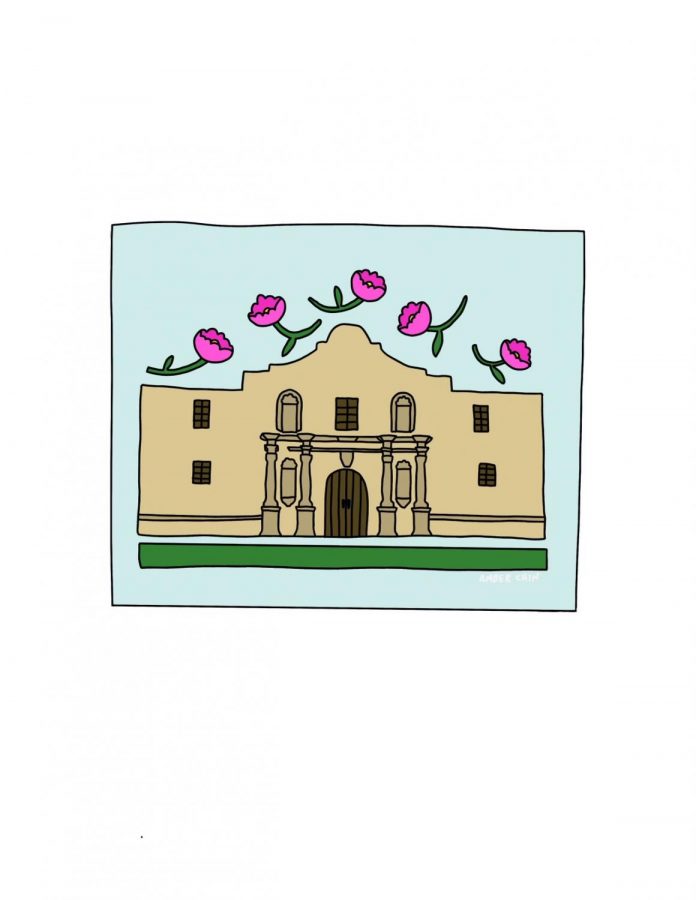
As an international student at UTSA, I stand as a representative of my country and culture. I come from the Republic of Macedonia, which is in the heart of the Balkan Peninsula, in southeastern Europe. Throughout history, my country has been a target of Roman, Byzantine and Ottoman conquests, but now Macedonia, birthplace of Alexander the Great and Mother Teresa, faces a very different threat.
Macedonia dates from ancient times. It saw its glory days under Alexander the Great (323 BC) as it became the world’s greatest Empire spreading from Europe to India and North Africa.
At the dawn of Christianity, Macedonia became the cradle of literacy. St. Cyril and Methodius from Solun coined the first Slavic alphabet, later known as Cyrillic, in Macedonia, Serbia, Bulgaria, Russia and Ukraine.
The Gospel according to Luke, the third of the four Gospels in the New Testament, was also written in Macedonia. In medieval times, Macedonians created their kingdom under Tsar Samuel. Later they fell to the powerful Ottoman Empire and struggled five centuries under Ottoman rule.
After the Ottoman Empire began to weaken, many of the oppressed countries started to build ground for uprisings. So did the Macedonians.
However, at the beginning of the 19th century the neighboring countries started to have territorial aspirations towards Macedonia. The Balkan Wars started. Blood was spilled yet again. Vulnerable Macedonian territory was up for grabs.
In 1913 the Bucharest Treaty divided Macedonia among Greece, Bulgaria and Serbia. The land that was torn from Macedonia consisted almost two-thirds of the existing territory.
However, struggling Macedonia entered the 19th century with great loss. After World War II, Macedonia joined Socialist Yugoslavia under the communist leader Marshal Tito.
Economic changes started to mold the territorially young nation. But, as Tito died, so did Yugoslavia. The former Yugoslav republics charged their guns, and wars were tearing the Balkans. The only country that succeeded peacefully was Macedonia. Removing all socialist and communist ideals, the Macedonians declared an independent and sovereign country with democratic standards—the Republic of Macedonia. It is safe to say that the Macedonians have played an important role in the world. Now, recent events have distorted and modified the sovereignty of this ancient country.
The United Nations declaration for the universal right of self-determination of sovereign countries did not apply to Macedonia. Why? The Republic of Macedonia is recognized virtually everywhere under its constitutional name, except for one country, Greece. As a huge chunk of Macedonia went to Greece, they fear that Macedonia will claim its land if it is recognized by its constitutional name.
The 90s were a transitional period for Macedonia, the economy was staggering as it transitioned from a socialist to a capitalist market. Because of corruption, many factories were shut down. Unemployment skyrocketed and people were in despair. Common things in transitions, many will say.
Macedonians looked at Europe for a helping hand. Joining the European Union became a high priority for most heads of government. But things were not that easy for Macedonians. Our country could not enter the EU or NATO under its constitutional name, the Republic of Macedonia. A Greek veto knocks any hope for European membership.
Greeks say that Macedonia simply does not exist, and we the Macedonians cannot use our name. This is the same Macedonia that you have read so far.
Self-determination does not come easy for all nations. Modernization of Macedonia’s largely obsolete infrastructure is happening slowly and foreign investment does not keep pace with neighboring economies. Many with the best skills seek employment abroad.
After the breakup with Yugoslavia, Macedonia was deprived of secure and protected markets and embargoes followed. The year 1995 was a good beginning. The economy started to improve. The 2000s were reformist times. Economic growth was on the rise, laws were created for easing impediments for foreign investment, tax incentives, shareholders rights, a 10 percent flat tax for corporations and many more. With an educated labor force, Macedonia is a paradise for investments.
Being Macedonian has been an affirmation of my existence. I believe in a world where differences are reconciled with reason and democratic principles, every individual should contribute to a diverse and peaceful world.
UTSA has a growing population of international students that add to the diversity of the student population. This academic community is a great way to see the world as a global village.
I urge students to step out of intellectual apathy or ignorance and accept learning about other cultures, as they make this world beautiful. Only then will we make a secure future for generations to come and ourselves. As Gandhi said, “Be the change you wish to see in the world.”











